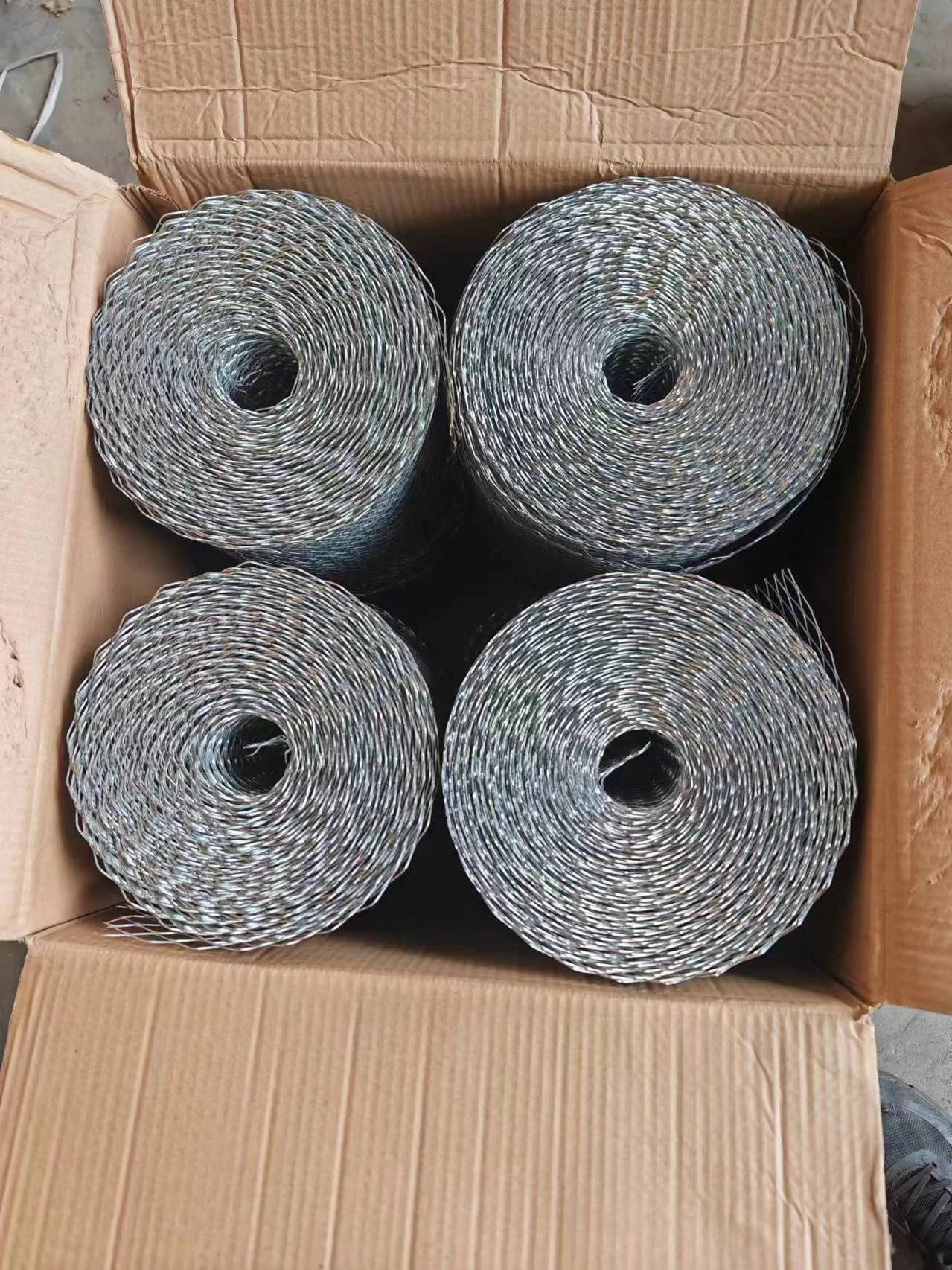

Professional manufacturers understand the importance of precision in the shaping and sharpening process. Advanced machinery and technology are utilized to cut and shape iron wire into precise nail sizes, ensuring uniformity and reducing material waste. The pointed end of the nails is sharpened to a specific angle that balances between penetrating concrete effectively and minimizing the risk of spallation—where small fragments break away from the main structure. Another critical aspect is quality assurance testing. Before distribution, concrete nails undergo rigorous testing procedures. These tests simulate real-life stressors to ensure that the nails stand up to the demands they will face in construction scenarios. Resistance to bending, shear strength, and holding power tests are conducted to confirm their reliability and consistency. In terms of expertise and industry standards, manufacturers who adhere to international standards like ISO certifications tend to have the upper hand. These standards provide a framework for quality and consistency, ensuring customers receive products that meet or exceed their expectations. Industry-specific certifications add another layer of credibility, reinforcing the trust between the manufacturer and the consumer. Sustainability is becoming increasingly important in the production of concrete nails. Some manufacturers are beginning to source steel from eco-friendly sources or are improving their manufacturing processes to reduce carbon footprints. Utilizing recycled materials without compromising on quality has also gained traction, aligning with global efforts to improve sustainability in the construction industry. In conclusion, the raw materials used in making concrete nails, primarily high-carbon steel wire and protective coatings, are decisive in determining the product's quality and suitability for purpose. Manufacturers who invest in top-tier materials and adhere to precise production and quality control processes ensure that their nails can meet the rigorous demands of modern construction. As the industry evolves, so too does the technology and expertise that go into making these small yet critical components of construction, continuously improving their performance and environmental impact.

















